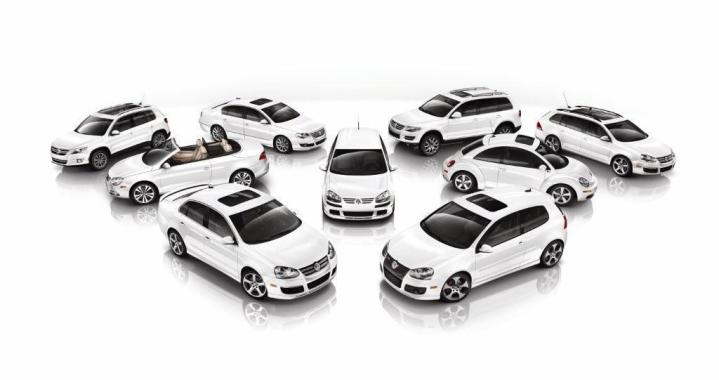
Two drivetrain technologies are steadily taking over the automotive market: hybrids and turbos and Volkswagen, it turns out, wants to be the master of both.
That’s right. Less than a week after reports surfaced of the company’s goal to be the top seller of EVs and hybrids by 2018, Volkswagen AG has said it plans to replace its remaining conventional gas engines with turbo engines in the next three to four years.
“You have to have a turbo these days,” VW executive vice president Mark Trahan told The Detroit News. “We only have one normally aspirated gas engine, and when we go to the next generation vehicle that it’s in, it will be replaced. So three, four years maximum.”
Unlike a conventional gas engine, a turbocharged engine uses a turbine spun by exhaust gases to force more air and fuel into the combustion chamber, which creates more power in a smaller displacement engine. That’s why automakers like Ford are replacing its larger V8 offerings with smaller turbocharged V6s.
VW’s future engine strategy also reportedly includes a new diesel engine with improved performance for the 2015 Beetle, Golf, Jetta and Passat models, which is expected to be available in the second half of 2014. The current lineup of VW models offered with an electric engine variant includes the Jetta Hybrid and the Touareg Hybrid.
From advanced hybrid systems to improved turbo technology, VW’s engine strategy signals a growing trend in the industry as automakers look for more ways to improve fuel efficiency without sacrificing key performance elements.
According to published reports, Ford has said that it plans to eventually do away with conventional gas engines as well except for those used for hybrid models, as part of its future powertrain strategy. And with the stricter CAFE standards right around the corner, expect a lot more automakers to follow suit.


